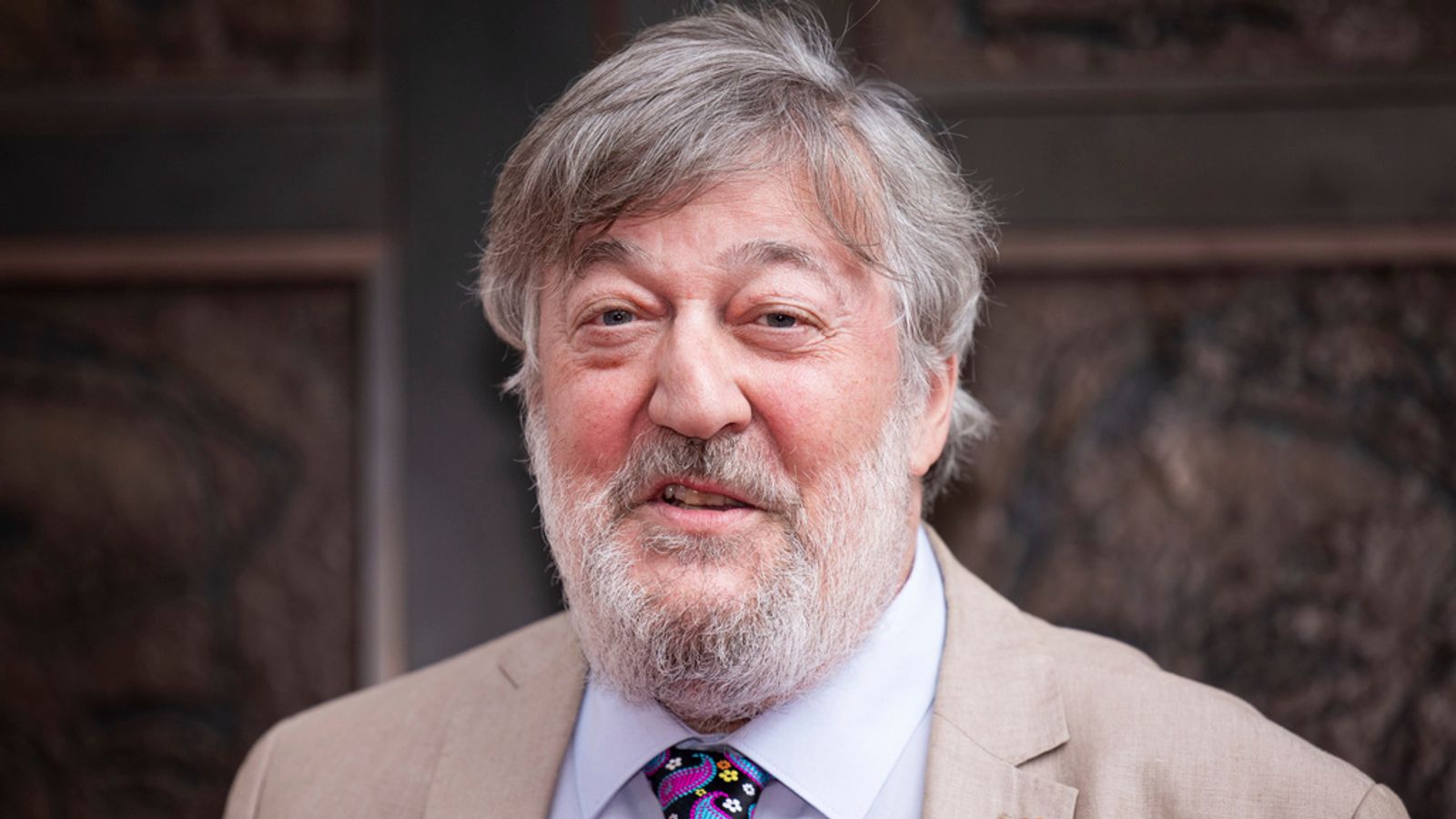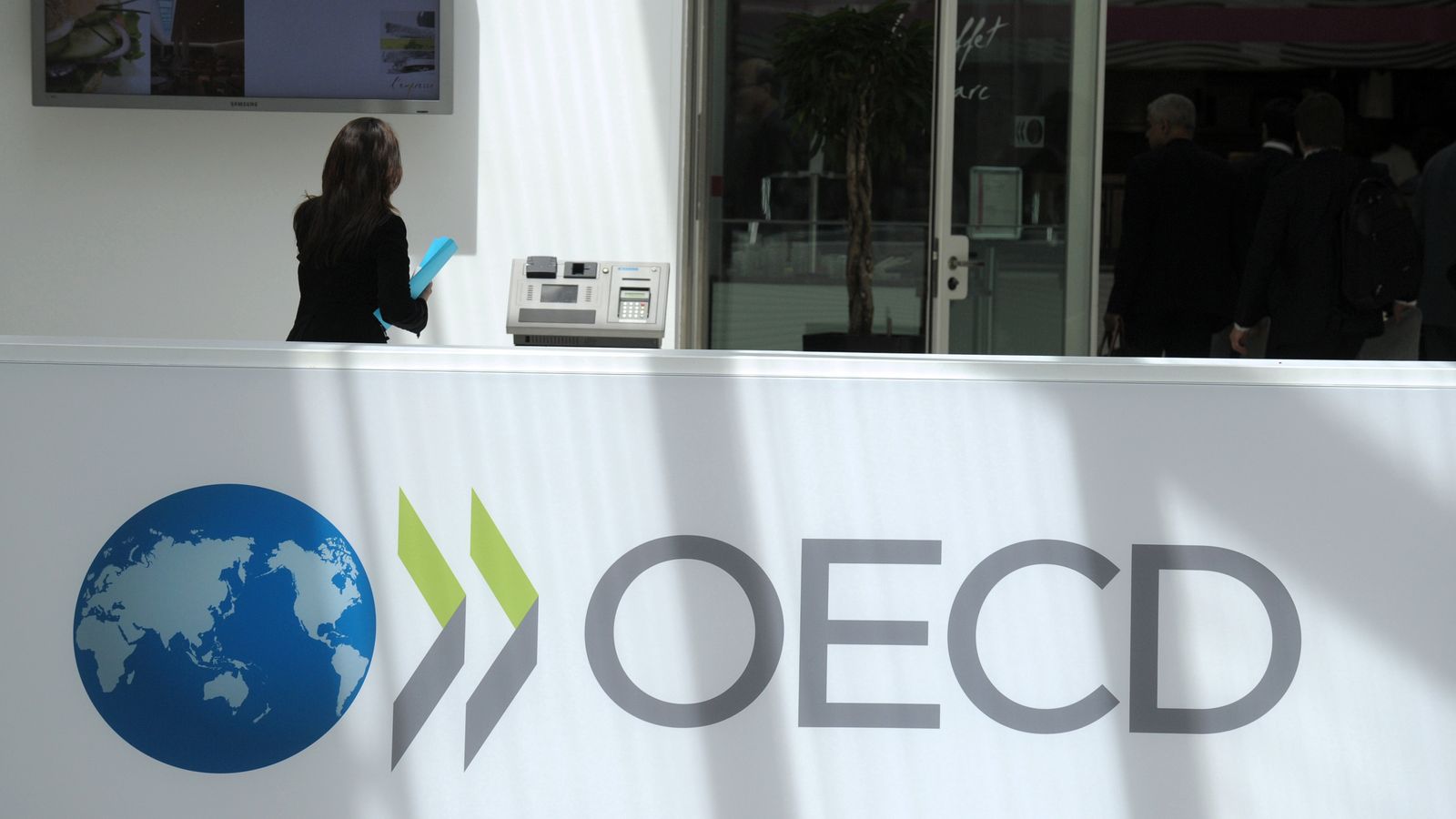Actor Stephen Fry said he is still “self-conscious” when he leaves the house without his walking stick, which he has been using since falling six feet onto a concrete floor.
Fry, 66, was leaving the stage at London’s O2 Arena in September when he fell and ended up being taken to hospital.
Speaking to the BBC, he said he is “now without a stick” after the accident, which left him with broken bones.
He said: “I did my bow after delivering this lecture, turned to go off stage and didn’t realise that I was walking off a part of the stage where there was nothing.
“Six-foot drop onto concrete.
“So I broke my right leg in a couple of places and my hip and my pelvis in four places and a bunch of ribs.
“I am now fine. I’m now without a stick. Like Lazarus, I have cast aside my crutches and stick.”
Please use Chrome browser for a more accessible video player
On what it is like to not use his walking stick, Fry added: “More than helping you walk and being some support, [it] is a flag to everyone around.
“And I live in central London where, as you know, the pavements are absolutely packed, so people suddenly stop to take a picture of the lights and you get very nervous about bumping into people when it’s slidy and slippy, with a wet leaf on the pavement.
“Actually it’s been fine so far, but I kind of feel a bit self-conscious without the stick.”
Read more:
Fights and abuse: The rise of West End chaos
‘No, I’m not pregnant’ – reporter calls out body-shaming on air
How Tube Girl became one of the stars of 2023
Be the first to get Breaking News
Install the Sky News app for free
The former QI host also spoke about the treatment he received while in hospital, and said a surgeon warned he could be recovering for “months and months” unless he took the prescribed painkiller.
According to Fry, the surgeon said: “For six or seven weeks you’ll lie without being able to move and what will happen to your muscles… they’ll be atrophied, and your recovery will be months and months and months.”
He went on to thank what he called the “extraordinary” health service.
Earlier this year he joined a campaign for public ownership of the NHS called We Own It, which criticises the outsourcing of services.
In a video released by the group’s page on X, he said: “We own it. It’s ours. The NHS belongs to us.”







